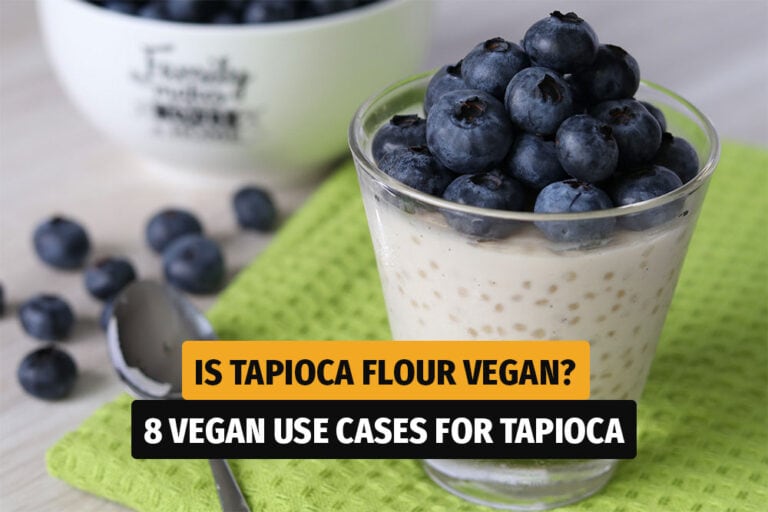
Beetroot—yeah, that bold, purple veggie that stains your hands and everything else—actually shines in a vegan diet. You can grate them raw into salads or roast them for a caramelized sweetness.
Beetroots are packed with nutrients that help lower oxidative stress, fight inflammation, and reduce health risks. They’re a fantastic addition to your plant-based lifestyle.
Ever wondered why vegan friends rave about beetroot? Besides the wild color, these roots are crazy versatile in the kitchen.
You can turn them into vegan burgers with real texture (no more sad mushy patties), blend them into hummus for a pink twist, or even use them in baking as an egg substitute. Honestly, your taste buds and Instagram feed will both be happy.
Looking to shake up your vegan meals? Try a three-ingredient garlic butter beet recipe that makes healthy food feel indulgent.
Or whip up a beetroot salad when you’re short on time but still want something nutritious. Pretty soon, you’ll find yourself joining the beet-loving crowd, proudly rocking purple-stained fingers as your vegan badge of honor.
Nutritional Benefits of Beetroot in a Vegan Diet
Beetroot packs a serious nutritional punch for vegans. It brings essential nutrients that can be tricky to get from plant sources alone.
This vibrant root is like nature’s multivitamin, just in a crimson suit.
When you’re living the vegan life, beetroot is your ruby-red buddy in the mineral department. These earthy roots are loaded with iron, which your plant-based body definitely craves.
Low on energy? Beets are surprisingly rich in folate (vitamin B9). Folate helps your body create new cells and prevents anemia—something vegans sometimes deal with.
The manganese in beets supports bone health and helps metabolize nutrients. Turns out, these humble roots are real overachievers.
Potassium, the unsung hero of your vascular system, is packed into beetroot. This mineral keeps your fluids balanced and your nerves firing, all while helping regulate blood pressure. Your heart will be “beeting” with joy.
Key minerals in beetroot per cup (136g):
- Potassium: 442mg
- Iron: 1.1mg
- Folate: 148mcg
- Manganese: 0.4mg
Beetroot brings fiber to your vegan party—about 3.8g per cup. Your digestive system will thank you for the extra help.
The antioxidants in beets are no joke. Betalains (the pigments that give beets their color) fight oxidative stress, acting like tiny bodyguards for your cells.
Beetroot isn’t a protein superstar like beans or tofu, but it still offers about 2.2g per cup. Every bit helps when you’re building up your plant-based protein game.
Beets are low in calories and fat, and they’re high in water content. Your waistline and your taste buds both win.
Ever noticed vegan athletes downing beetroot juice before workouts? The secret is in the nitrates, which turn into nitric oxide and expand your blood vessels.
You might actually feel more endurance during workouts—some research says beetroot can help you go up to 16% longer. That’s basically a free performance boost from a root vegetable.
The natural sugars in beetroot give you quick energy, but without the crash you’d get from junky sweets. It’s like nature’s own sports gel.
For recovery, beetroot’s anti-inflammatory powers help soothe sore muscles. Your body bounces back faster, so you can get back to your goals sooner.
Try tossing beetroot into your post-workout smoothie. Your muscles might just thank you for it.
Delicious Ways to Add Beetroot to Vegan Meals
Beetroot can transform your vegan dishes with its earthy flavor and wild color. It’s versatile enough to star in anything from quick salads to main courses.
Let’s start simple—a beet salad that’s anything but boring. Grate raw beets, toss with chickpeas, splash on some balsamic, and drizzle with olive oil. Sprinkle a little sea salt for a lunch that’s bright and full of flavor.
Roasted beets are about to become your new favorite. Wrap them in foil with olive oil and roast until tender. Once cooled, slice and toss with a dressing of tahini, lemon, and minced garlic. Simple, but it tastes way fancier than it looks.
Need comfort food? Beetroot risotto is risotto with a pink makeover. The beets add a subtle sweetness that pairs perfectly with the savory notes. No dairy needed—just finish with a scoop of vegan cheese.
Beet pesto pasta is a game changer (and yeah, it might stain your socks). Purée roasted beets with almonds, olive oil, and garlic for a sauce that turns pasta into a magenta masterpiece. It’s both Instagram-worthy and delicious.
Ever tried beet tzatziki? Swap the yogurt for vegan mayo or silken tofu, then mix in grated beets, cucumber, and dill. This isn’t just a pretty dip—it’s a flavor party.
Beetroot and firm tofu burgers are a winning combo. The beets keep the patties moist and add a gentle sweetness that balances the savory tofu. Smoked paprika? Absolutely—brings a hint of smokiness you’ll crave again.
Beet and mushroom tacos? Yes, please. Sauté diced beets and mushrooms with a splash of soy sauce for a filling that even meat lovers might secretly love.
Let’s be real—beets can be a pain to prep. You can cut your prep time way down by grabbing pre-cooked beets. They’re usually hanging out in the produce section, and honestly, they work great when you’re in a rush.
Meal prep helps a ton here. Roast a big batch of beets on Sunday. Then you’ve got them ready to toss into salads or blend into smoothies whenever you want.
Peeling beets? It can look like a crime scene. Try roasting them with the skin on. Once they cool, just slip the skins off under running water—no pink hands, no drama.
If you’re really pressed for time, beetroot powder is a lifesaver. Stir it into hummus for a wild pink color, throw it in a smoothie, or sprinkle some into gluten-free baking. All the beet goodness, and yeah, zero stains!




